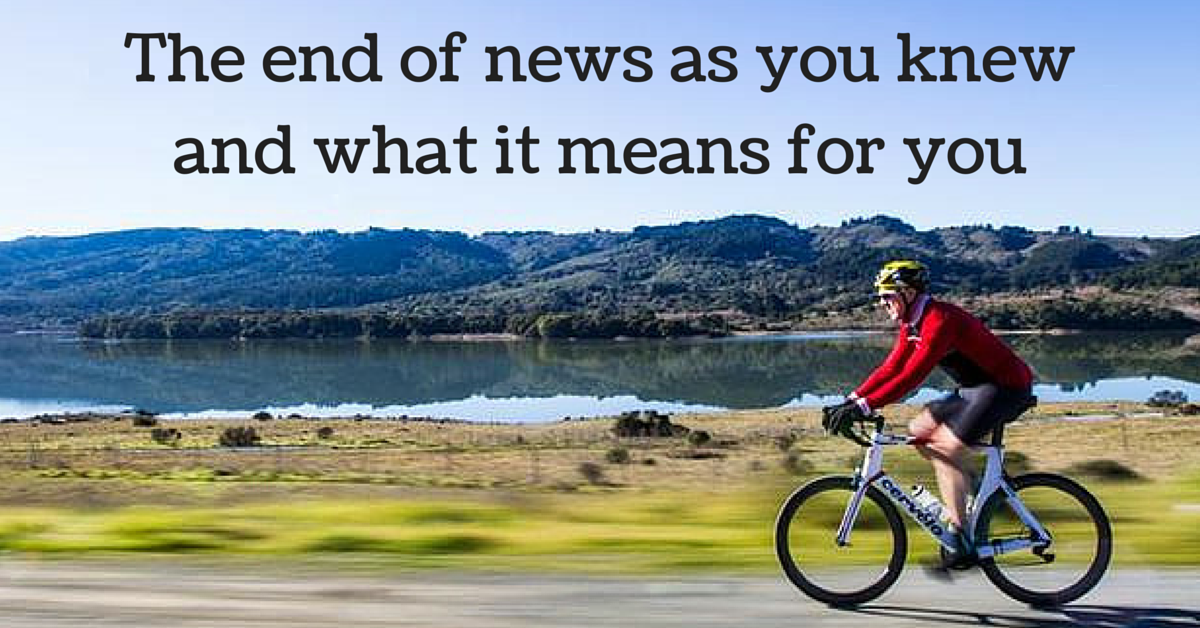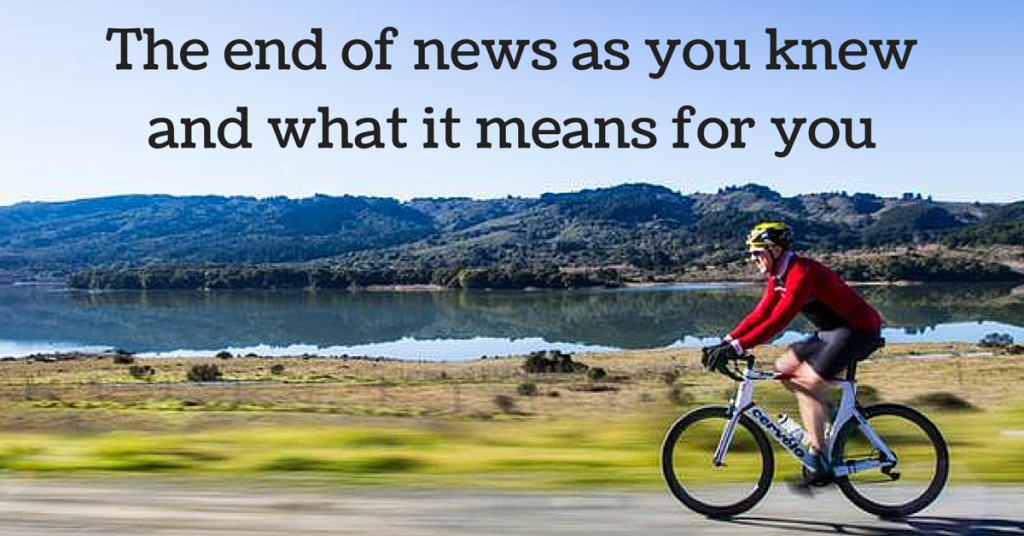This article was originally published in A First Taste of Law.
“India’s media barons are no longer in the news business, but news is unavoidable: after all, you do need something to fill the space between the ads, and must dupe enough consumers into picking up your ‘newspaper’ (or tuning into your ‘news’ channel), else your real customers—advertisers—will not be interested. So ‘news’ today is sleight of hand: paid news by politicians, private treaties with advertisers, celebrity coverage for a fee, PR feeds masquerading as reportage, the business story slanted to serve the stock market, the deserving story not done. Alongside, since the Sensex must never fall, the tone is frothy, jingoistic and feel-good so as to keep the middle classes in permanent chest-thumping and optimistic mode. When—surprise, surprise—reality strikes and an inconvenient aspect of India shows up, then news coverage either reduces it to political sensation or morphs to orchestrate middle-class outrage. Investigation and expose, when it happens, is because someone had a score to settle.”
– Sumir Lal, in an article titled “Why I Quit The Media” in a Special Issue of Outlook India on Media in Crisis
Well, to be honest, I find it difficult to read newspapers or watch news channels – the effort to reward ratio is just not worth it. There is too much repetition, useless banter and nonsense – news and insights are diluted, simplified, very often insulting to anyone’s intelligence – and there is hardly any point in reading newspapers when you can keep yourself updated about things you are interested is through feeds and newsletters which are free, conveniently delivered to the mailbox or desktop. Reading a newspaper has become a pointless luxury that I do not need anymore.
It is still necessary for a lot of people to get their daily dose of ‘news’ – which is mostly crime-based gossip or some sort of sensationalized news coverage – you get the mainstream news and opinion served with all the commercial propaganda and bias. But be clear when you read a newspaper that it is entertainment, like cricket, packed with advertisements even where you are not expecting them. Like the page on the financial news which is targeted at creating a mass euphoria to sustain rallies in the stock market.
So what is the future of real journalism?
Of thorough research and investigative reporting? Well, there has always been a market for it – but as time has passed, the delivery medium, level of specialisation, target audience – everything has changed for serious news.
The rise of super-speciality media:
Internet and mobile have made access to news ubiquitous and instantaneous. And awesomely cheap – no paper, ink, machinery or workforce to operate the same is needed anymore. This is the age of desktop publishing – and citizen journalism. Publishing news to an audience of an unrestricted size is now made possible by technology. It is so cheap that it is not necessary to charge the reader for the news.
So there are people out there providing more specialised news than you ever thought possible. Traditional big media is failing to serve the hunger for news of a new breed of intelligent readers with its over-commercialised content – and the beneficiary of this is a new age super-specialised media. In the legal domain itself – there’s LegallyIndia and Bar and Bench providing you super-specialised news that a traditional newspaper may never touch. You have Rawoctopus that actually provides law school and internship news – another super-specialised niche. There are tons of other lawyer focused news providers in the US and the UK as well. The same applies to MBAs, and doctors, venture capitalists or investment bankers. And all these get eyeballs – for these are more intelligent, more relevant news than most of what Times of India brings to you.
Have your news pushed to you:
The other important aspect is the pushing of content as opposed to seeking out the news. If I am interested in news related to venture capital investments, I have feeds that keep updating me on the news related only to that through SMS, pop-ups, emails or other means that I may like. Our search cost/time-lag for news is almost nothing now – and I need not tolerate hundreds of other news material that I like to get to what I would like to read. And think of it, the scope for advertisement in this is much more limited – you need not lend your eyes anymore to get free news! This is a revolution – at least for those of us who have managed to harness the technology to stay up to date on what we want to know. For many of us, newspapers and channels may not be very relevant from the news point of view anymore.
Reactions:
A direct fall-out of the rise of super-speciality media is the awareness of the loss of credibility and attention on the part of big media. While they may be able to still attract people with entertainment and good essays and write ups, those channels and newspapers that will succeed less with the commercial formula may pay more attention to traditional ethical journalism to differentiate themselves. It is foreseeable that not every newspaper will do as good as Times of India does by selling inches to everyone from companies to politicians, and those which fall behind in the race may be more willing to play a different game.
Crisis of credibility:
It has been said that big media brings credibility with it. You believe something if you see it in print. Those days, if not already gone, are fast disappearing. A vast number of people are realising the idiocy and emptiness of the mainstream India media. On the other hand, we are finding alternative sources of news, most often from institutions or persons who have high credibility not because of their circulation but track record and image that is built up over time, mostly online. From celebrity bloggers to research institutes, anyone could be a trustworthy source of news, depending on how they have conducted themselves in the past. If you see the feed subscriber count of some of the major bloggers, the influence they wield would be evident. Even undoing of heavyweights takes little time should they slip in the social media world in the age of twitter, online forums and perfect search engines. Naturally, credibility is carefully built and nurtured by various alternative news sources, especially if they are online. Of course, this is good news for the readers!
We shall write another post on how you can control the media instead of letting them screw up your mind!
 Serato DJ Crack 2025Serato DJ PRO Crack
Serato DJ Crack 2025Serato DJ PRO Crack










 Allow notifications
Allow notifications


